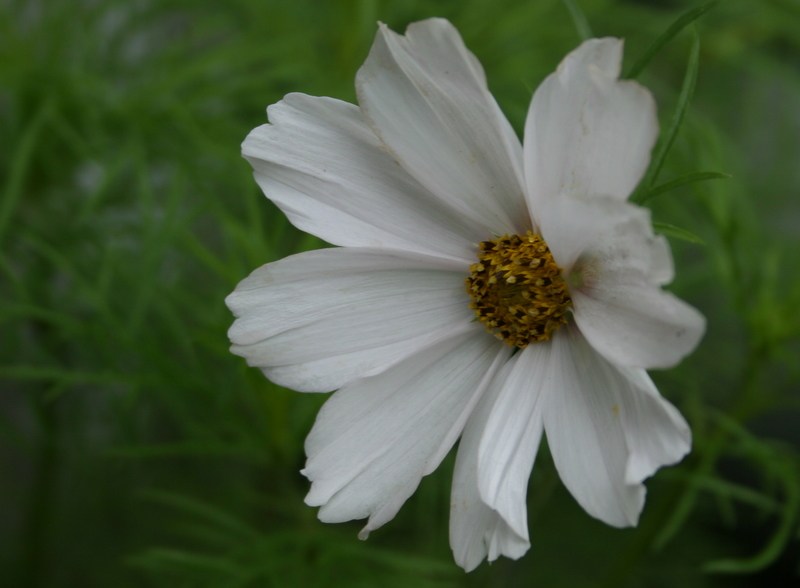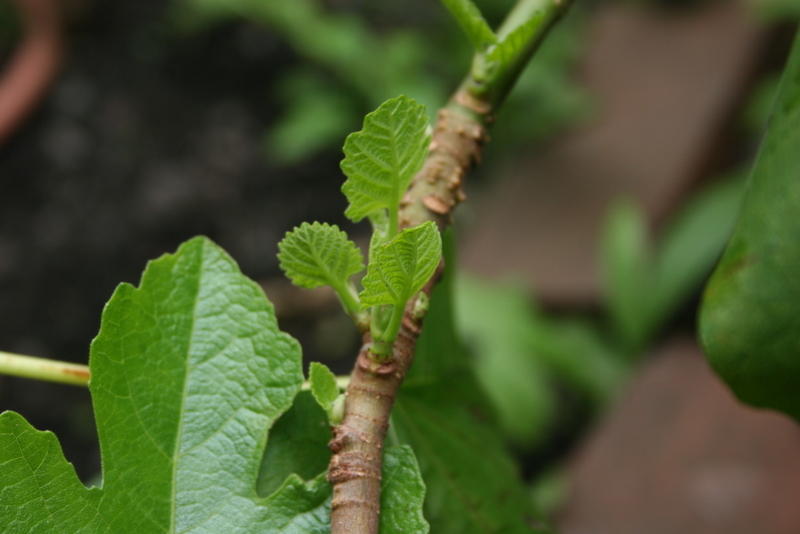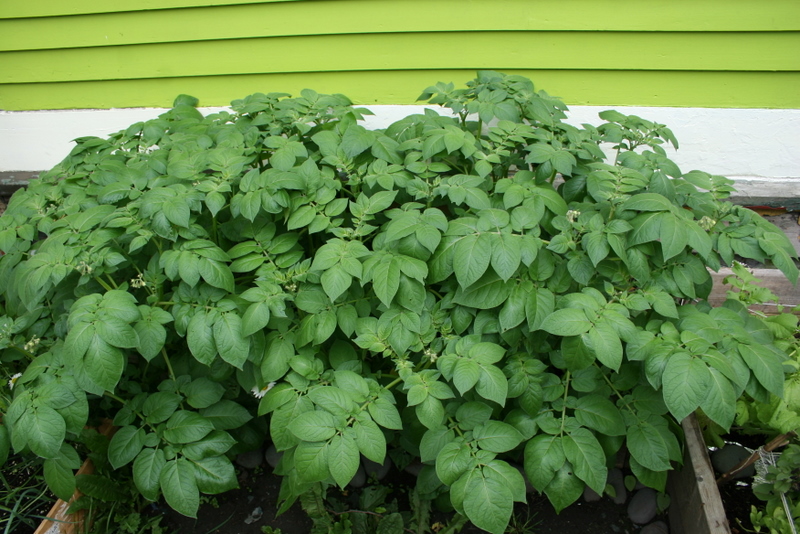Some of you may remember my tale from a couple weeks back about how my one-year-challenge to eat something I had grown or foraged every day for a full year was a total failure, due to my having been hijacked by hormones through the fall and winter. Since then I've been back on track, eating delicious sprouts and microgreens, which I have been tending lovingly in their jars and recycled containers that deck my windowsills. I've sown some seeds for spring and summer vegetables. I've been snipping and clipping from my potted rosemary, lemon thyme, and sage plants, and in no time at all I'll be gathering teapots of mint and lemon balm from the weedy recesses of the back yard. One other plant has emerged to help me get through a few days of homegrown eats, too: the knobbly, delicious Jerusalem artichoke.
If you've never eaten a Jerusalem artichoke, you're certainly not alone. I've never seen them in a grocery store in Newfoundland, and only a handful of local farms grow them. I first ate them in Montreal when I lived there, and only in restaurants, so I had never cooked them myself until this week, when I dug them up from the frosty dirt where they had been hiding out since last fall.
Jerusalem artichokes aren't really artichokes: they're sunflowers, native to the eastern part of North America, where they were a staple food long before the Europeans showed up and took them back with them as novel delicacies. There is a lot of lore around the name, and the accepted explanation is that the "Jerusalem" bit comes from the Italian girasole, which means "sunflower," and that the "artichoke" bit comes from French explorer Samuel de Champlain's description of the tuber's flavour as being like an artichoke, although, frankly, I don't get the similarity.
So what do they taste like? Sweet, nutty, crunchy when raw (really crunchy, like, water chestnut crunchy), potato-y when cooked (although they tend to go mushy very quickly when boiled, so steaming, roasting, and pan-frying are recommended). They're really very yummy.
There are two caveats to growing Jerusalem artichokes. The first is that they are notoriously invasive, so you might not want to plant them directly in the ground. Apparently, even the smallest bit of tuber left behind will sprout again, which is all fine and good if you have the time and energy and wherewithal to dig them up year after year until the end of time, but if you move, the next people to inhabit your garden might be less than impressed. The second is that Jerusalem artichokes are sunflowers, and sunflowers can suck a lot of lead out of your soil, so if you live in an area with dodgy dirt, you might want to grow them in a container. I tried to come up with some kind of cool planter option last year, but as the spring crept on I ran out of time, and just flung a bag of soil on the ground, cut a big hole in the top and some drainage holes around the bottom, and stuck my seed tubers down in it. The yield wasn't huge, but since I had them in close quarters, in a shady spot, during the most miserable summer in recent memory, I'm impressed they did anything at all, really. This year, my husband and I are going to dig a trench for them and line it with something they can't get out of, in an area of the yard where they'll get more sunlight, and where they'll have a bit more space to spread their roots.
Oh, there's a caveat to eating them, too: apparently some people have a hard time digesting them, and thus the tubers have earned the nickname "fartichokes." Ahem. Now, I can report that I have had no such reaction, and I am very happy about that. British garden writer Alys Fowler solves the wind problem by cooking her Jerusalem artichokes with winter savory. I may have escaped a gassy fate through my negligence: I've read that leaving them in the ground for a hard frost or two helps them convert the troubling carbs, making digestion easier. A full winter of freeze and thaw seems to have sorted them out nicely.
Jerusalem artichokes can grow quite tall - over 20 feet in warmer climes, but easily six or eight feet here. Mine didn't flower last year (no sun, no sunflowers), but the flowers are cheerful and yellow when they do appear. They attract all kinds of helpful insect friends. They're so pretty, actually, that Monet painted them. The variety I grew is called Passamaquoddy Potatoes from Hope Seeds, but unfortunately they're not available this year. If you can get your hands on some Jerusalem artichokes from a local grower, I suggest you toss a few in some good soil and see what happens. Come springtime, you may well be thanking yourself.













